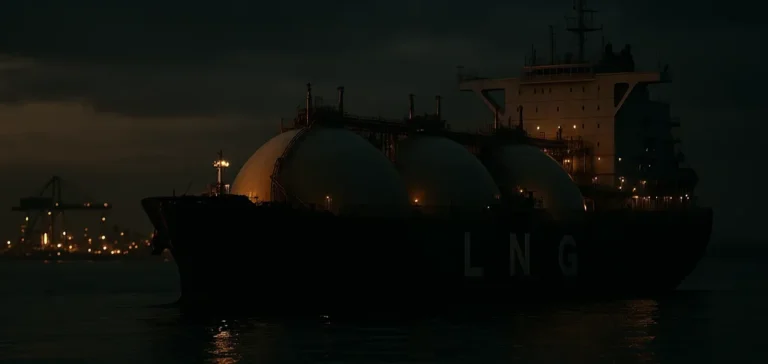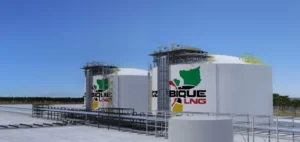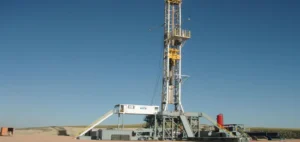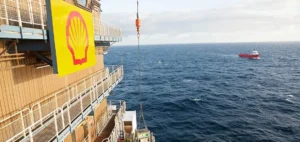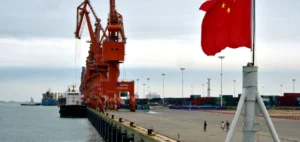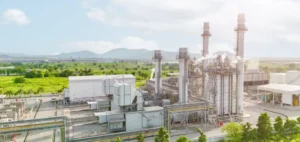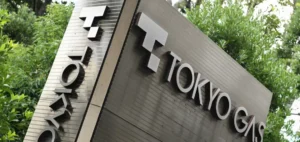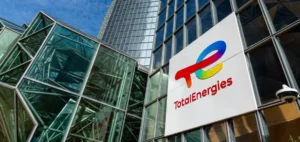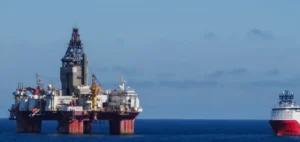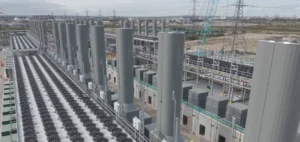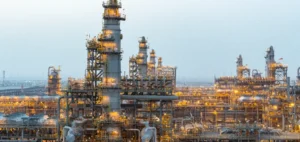Malaysia is set to allocate up to 150bn USD over five years for the acquisition of equipment from American companies, mainly targeting the semiconductor, aerospace, and data centre sectors. This strategy follows a bilateral trade agreement negotiated after the imposition of a new 19% tariff on Malaysian imports to the United States, effective from August 8, replacing the initially announced rate of 25%.
Strengthening energy and trade exchanges
Petroliam Nasional Berhad, the state-owned energy company, plans annual purchases of liquefied natural gas worth 3.4bn USD from American suppliers. This decision comes as the United States recorded a trade deficit of 24.8bn USD with Malaysia in 2024, according to official data.
In parallel, Malaysia has committed to investing 70bn USD in cross-border projects in the United States over five years, with the goal of reducing trade imbalances and facilitating access to American markets for its industries.
Tariff relief and amended regulatory obligations
Under the agreement, Malaysia has agreed to reduce or eliminate customs duties on 98.4% of American imports and to ease several non-tariff barriers. Among the enacted measures, the requirement for American digital platforms and cloud providers to allocate a portion of their local revenue to a public fund has been removed.
Certain Malaysian products, such as pharmaceuticals and semiconductors, now benefit from customs exemptions for exports to the United States. Additional discussions are underway to include more products, including cocoa, rubber, and palm oil.
Tariff outlook for the semiconductor sector
The Malaysian semiconductor sector may, however, remain subject to potential tariff increases decided by American authorities for national security reasons. The Ministry of International Trade and Industry has indicated that the industry must remain alert to any future regulatory developments.
The Minister of International Trade and Industry, Tengku Zafrul Aziz, told parliament that the negotiations had resulted in what is considered balanced conditions for both parties, while urging the industrial sector to prepare for possible changes in American regulations.


